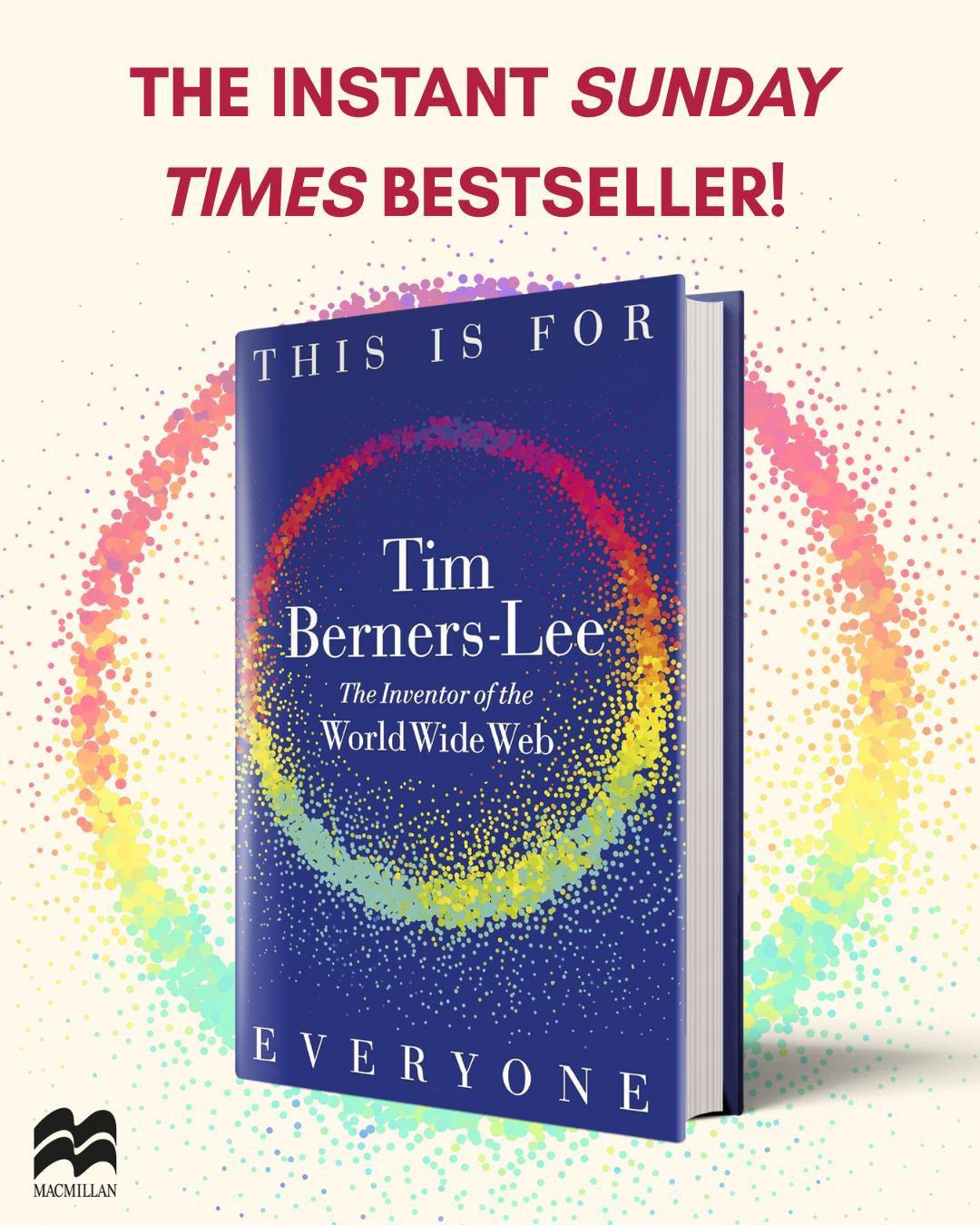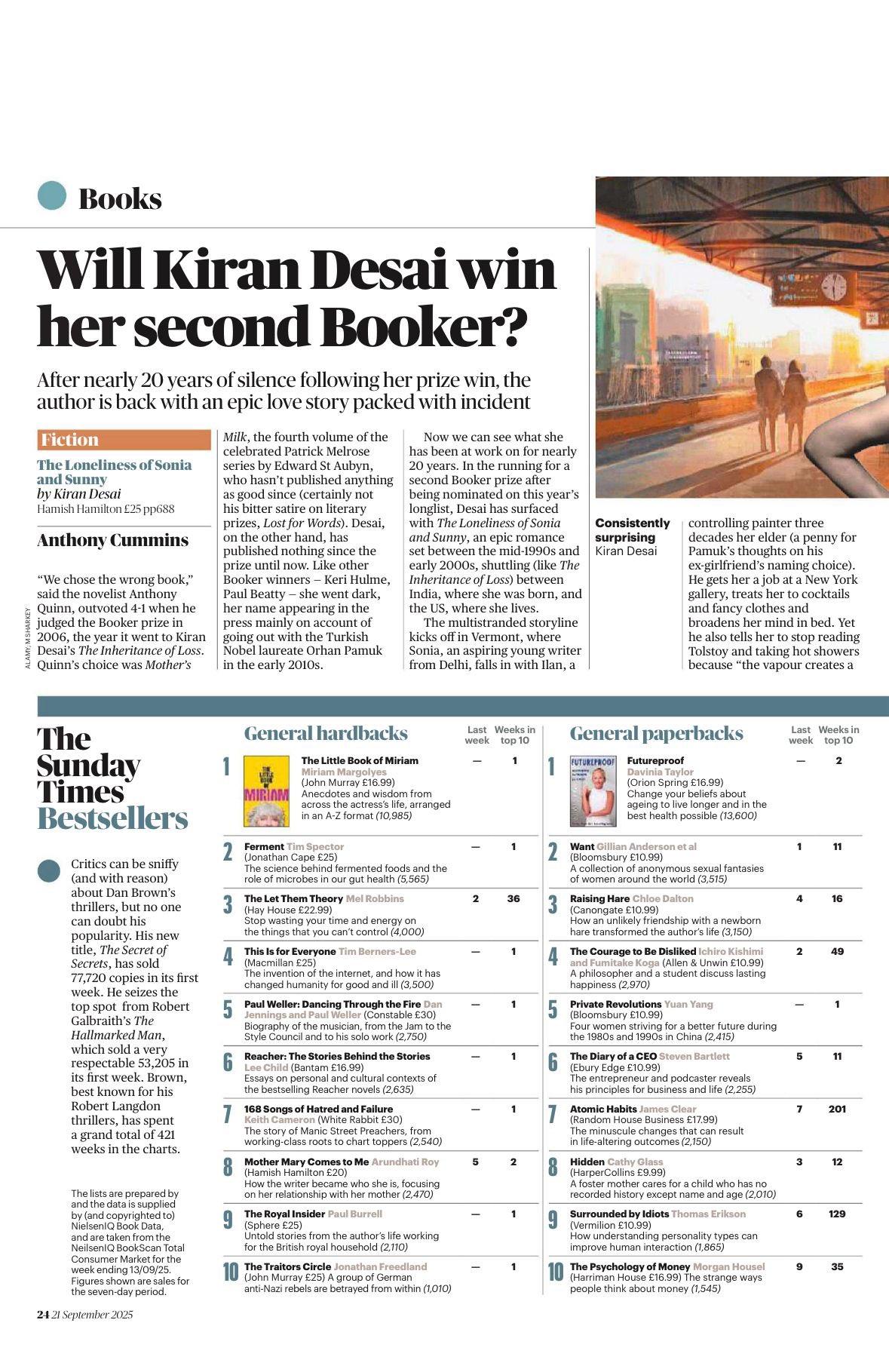**For the benefit of those who are less techy or may not know about the ways we can deal with personal identity data.**
Personal digital ID - a hot topic in the UK atm.
Many people and companies are working on systems to provide secure ways to hold our personal identity info. Some include wider profiles like our job, interests, hobbies etc. Some are OPEN SOURCE and part of a diverse ecosystem of data interoperability (you can use the same data POD (personal online data). Bluesky is active this landscape with their 'ATProto' personal data approach, and the Fediverse with the more versatile 'ActivityPub' user profile. There is also the WWW3 standards Solid project, and other Open Social Protocols (listed on the Solid project wikipedia page linked below).
Of course, just like IT sysadmins who provided website CMS at universities a decade ago, the UK govt thinks it needs walled garden private enterprise to partner with. They will spend probably ten times the money going down that route (just like universities did). This is old fashioned and not what other large national/territorial entities will be doing.
From the Solid wiki page"
>"Solid's central focus is to enable the discovery and sharing of information in a way that preserves privacy. A user stores personal data in "pods" (personal online data stores) hosted wherever the user desires. Applications that are authenticated by Solid are allowed to request data if the user has given the application permission. A user may distribute personal information among several pods; for example, different pods might contain personal profile data, contact information, financial information, health, travel plans, or other information. The user could then join an authenticated social-networking application by giving it permission to access the appropriate information in a specific pod. The user retains complete ownership and control of data in the user's pods: what data each pod contains, where each pod is stored, and which applications have permission to use the data."
These open source systems are robust and based on the idea that only you can own and control your data. Though the data may be held centrally on (for example civic servers or other server companies who provide a Slid POD) it cannot be accessed by them. Im researching into this a lot more in coming days :)
Links to read carefully if youre interested in what I'm talking about.
CAVEAT: Im not a tech expert at this so go easy if you'd like to correct any info here :)
https://en.wikipedia.org/wiki/Solid_(web_decentralization_project)
https://www.cmswire.com/digital-experience/how-to-set-up-solid-pods-a-data-ownership-guide/
https://solidproject.org/get_a_pod
https://www.projectliberty.io/dsnp/
#digitalid #openid #solid #atproto #activitypub #dsnp #academia #academicchatter





